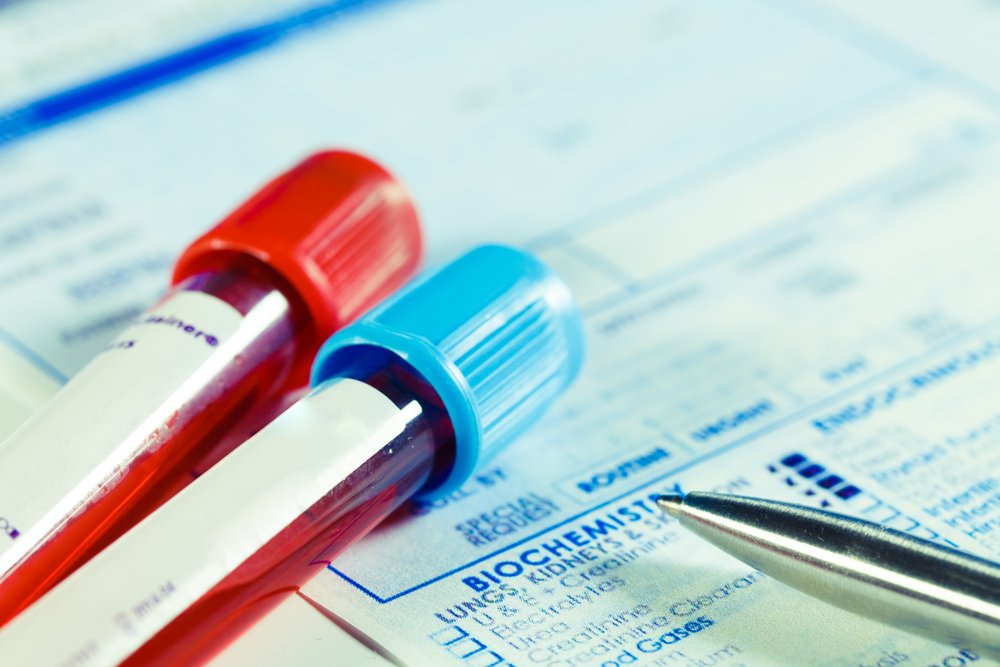We all know that traditional blood cultures can only do so much when it comes to detecting certain diseases. According to specialists, this flaw may be a thing of the past, after a new generation of very potent blood tests have emerged on the market. Specialists claim these can miraculously detect a number of serious diseases and all they may need is a tiny drop of blood. Let us look at five of the diseases and afflictions that can be thus better prevented and taken measures against:
Alzheimer’s Disease
Amyloid beta deposits, or what are believed to be Alzheimer’s main drivers, proved to be difficult to detect up to now, with traditional blood cultures. However, there is a new blood test whose accuracy is so great, it can actually predict a build-up of such deposits in over 90% of the cases. Even though scientists are not yet sure how this disease starts or how it develops over time, they believe that suspicious levels of amyloid beta deposits are invariably a predictor for Alzheimer’s. If they prove to be accurate, these tests will impact the healthcare industry tremendously, since they will give anyone the opportunity to predict their disease as long as by 30 years ahead.
Common Cancers
This is another crucial healthcare side that can be improved by the new generation of blood tests. Scientists are talking about how this ‘liquid biopsy’ can actually detect common cancers before they spread into the body. What it does it to locate the protein biomarkers, as well as the mutated DNA left in the blood by dying cells associated with more common cancers, among which pancreatic, stomach, liver, lung, breast and ovarian cancer. This can, of course, increase survival rate in many cancer patients. Although such a test can now be around $1,000, specialists believe that it will become more affordable as the technology scales and develops.
Yeast Infection
There is a type of very dangerous yeast infection, that typically affects hospital patients, that is among the diseases detected by the new generation of blood tests. Having such knowledge at their disposal, doctors can start the patients right away on the appropriate drugs, which will prevent the infection from spreading. What’s more, doctors will also be more informed regarding what medication to not administer, thus leading to those odd cases in which the inappropriate treatment may actually aggravate a patient’s condition. Candidemia, for example, is one of the most common bloodstream infections in the US and it will advance quickly, unless the right antifungal medication is administered right from the start.

Cardiovascular Diseases
Scientists now have exciting insights regarding the connection between a heart attack and the risk of having a cardiovascular disease. A study conducted on blood plasma from over 4,300 patients with acute coronary syndrome took a closer look on how their thrombocytes acted in the blood clotting process and how long it took for blood clots to break down, which is also known as lysis time. Patients who registered longer clot lysis time also registered a 40% higher risk of recurrent myocardial infarction or even death, due to cardiovascular disease. This will undoubtedly help scientists to further reduce such risks and discover better treatments.
Serious Concussions
Among this new generation of powerful blood tests, there is also the FDA-approved blood test that can diagnose concussions, without the need for further investigations. This can actually save the patient money and can help them steer clear from the radiations delivered by X-rays or even CT scans. For example, in case of accidents, when doctors don’t know for certain if a patient suffers from a test injury, this blood test will be performed before everything else. Of course, after that, depending on the markers the test indicates, the patient may be required to have a CT scan or not. This blood test will be extremely important especially for athletes and military persons, who are more exposed to serious concussions.
Having said this, there is no doubt that medicine has always evolved at a fast pace and it now has this new generation of blood tests to show for it. Seriously threatening diseases are now tackled from a different perspective, offering suffering patients everywhere the hope to prevent, detect early and begin fighting their diseases before they spread.